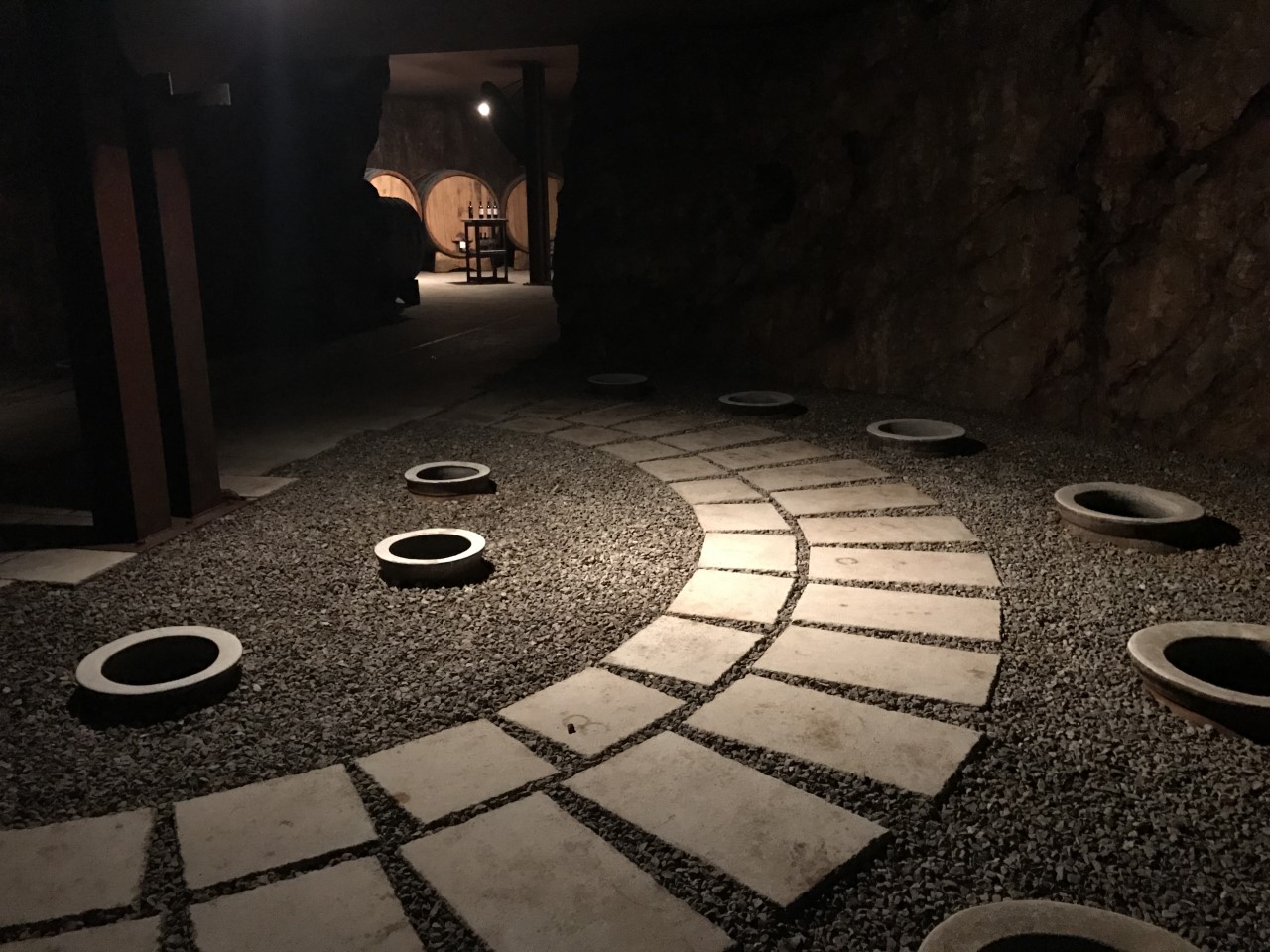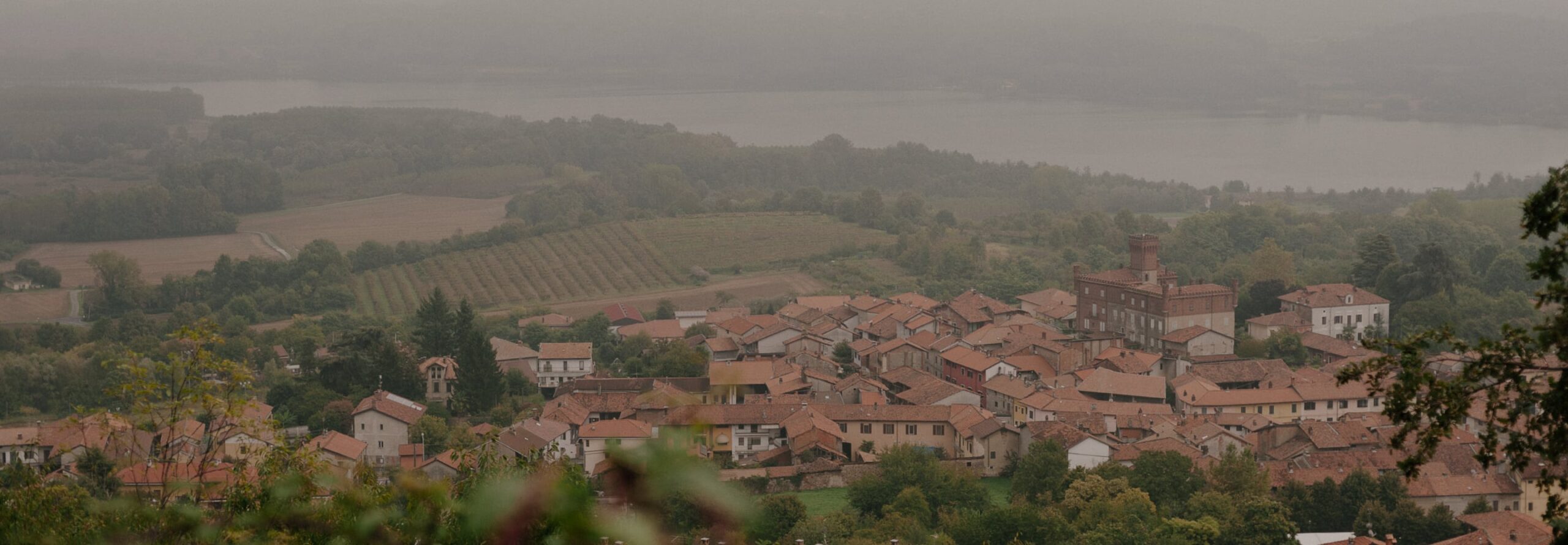Each bottle of Paolo Vodopivec’s wines that we open solidifies something we sensed in our very first encounters: there is nothing on earth quite like these. It’s not just that the wines are outstanding – they indisputably are – they seem to operate on their own existential plane. Through his own admission, Paolo strives to efface the grower’s ego and render wines that are faithful translations of Karst earth. It’s not as if Paolo is new to the scene. His father worked the same brutal, wind-battered terrain in the Carso, and Paolo achieved early notoriety for making heavily macerated wines long before skin contact became the phenomenon it is today. However, those who know only his early-2000’s vintages and feel they have a handle on his style should consider an updated review.
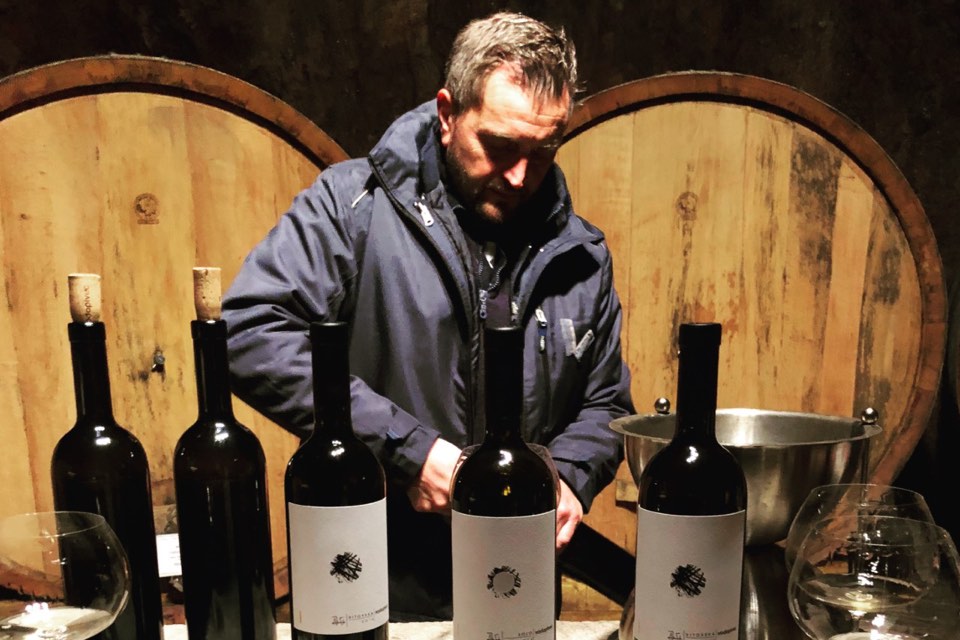
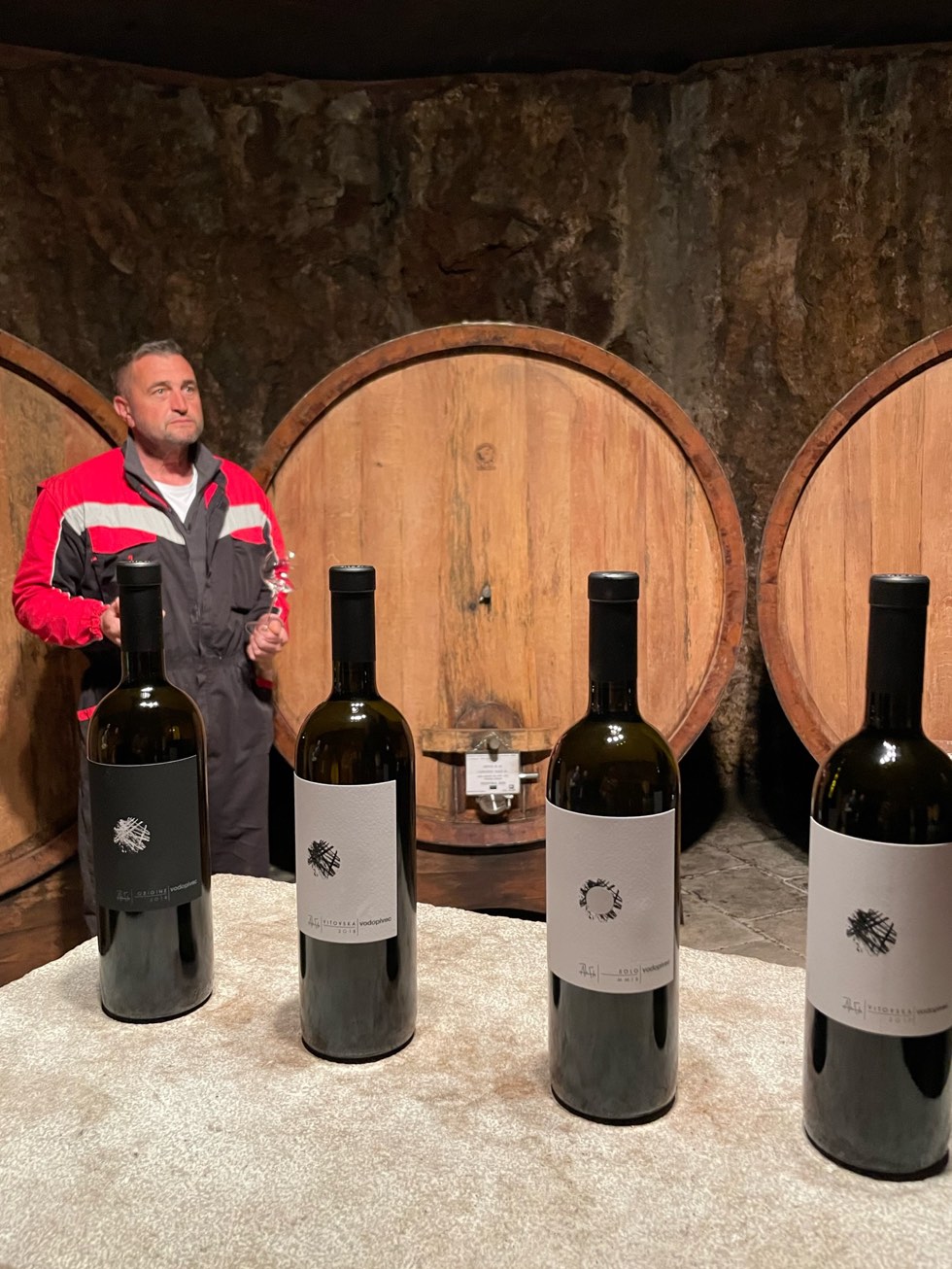
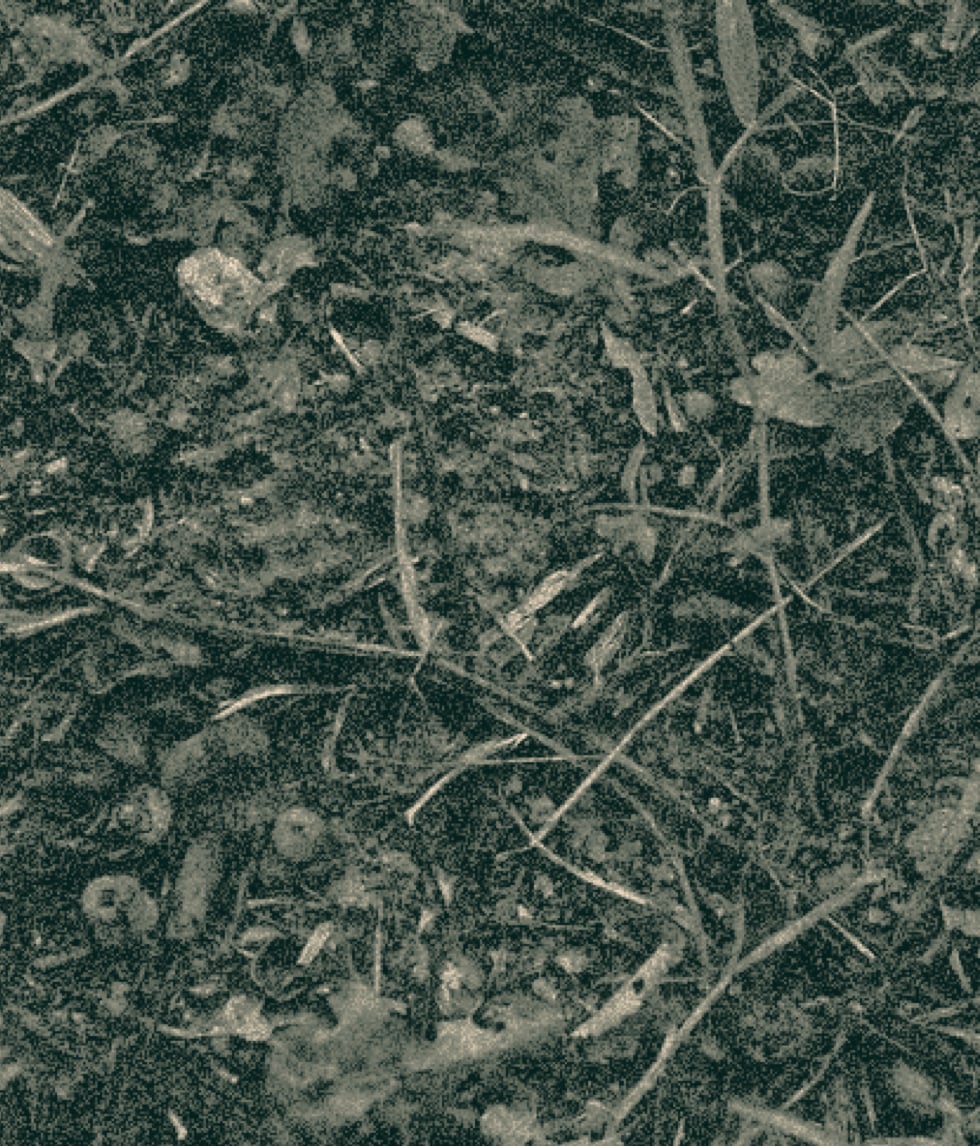
Vodopivec has found, over time, that Vitovska’s capacity for mineral expression can be obscured through an abundance of tannin, and the newfound gentleness in his wines allows them to speak with shocking clarity. Yes, all the wines are skin-macerated, but these are adamantly not “orange wines.” Paolo employs skin contact because it best expresses the limestone into which his Vitvoska plumbs, and because it better allows him to work without the manipulations of temperature control, outside yeasts, sulfur, and filtration, which to him are anathema. Vodopivec has also embraced, with total confidence, the buried amphora as an ideal vessel for fermenting his cherished Vitovska. There is no stainless steel in Paolo’s cellar, no high-tech pneumatic press, no method of manipulating temperature. The man doesn’t even like having his photograph taken. But, again, these are technical details—details which may satisfy our craving for authenticity and rectitude, but things which feel a bit trite in the face of such singular, awe-inspiring wines.
Farming
Practicing organic with some biodynamic practices
Treatments
Copper sulfate only
Ploughing
Annual ploughing to maintain vineyard health
Soils
Pure Karst limestone with naturally occurring iron-rich topsoils and significant flint deposits
Vines
Trained in Alberello (Gobelet) and planted at 10,500 vines/ha, vines average 20 years old
Yields
Controlled through severe winter pruning and debudding
Harvest
Entirely manual, usually in late September
Sourcing
Entirely estate fruit
Fermentation
After total destemming, crop ferments spontaneously on its skins in buried, 14-25 hl Georgian Terracotta amphoarae. Cuvaison lasts c. 6 months. Origine cuvée ferments in 30-hl tronconic Slavonian oak tini for c. 2 weeks
Extraction
Wines see c. 4 punchdowns per day during fermentation, no bâtonnage during élevage
Chaptalization
None
Pressing
Vertical basket press
Malolactic Fermentation
Spontaneous, following with alcoholic fermentation
Élevage
24-36 months in 30-hl, neutral Slavonian oak botti
lees
Wines remain on their fine lees during élevage
Fining and Filtration
Wines are unfined and unfiltered
Sulfur
Applied only at bottling, with c. 30-35 mg/l total sulfur
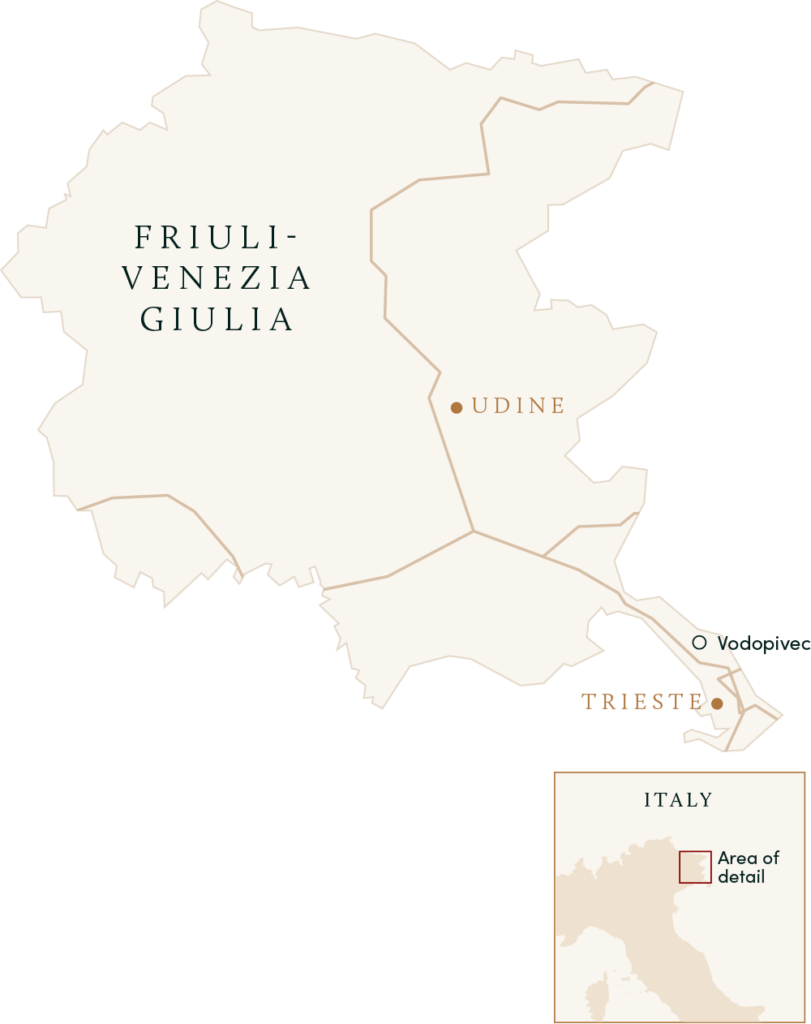
Optional caption text here lorem ipsum
